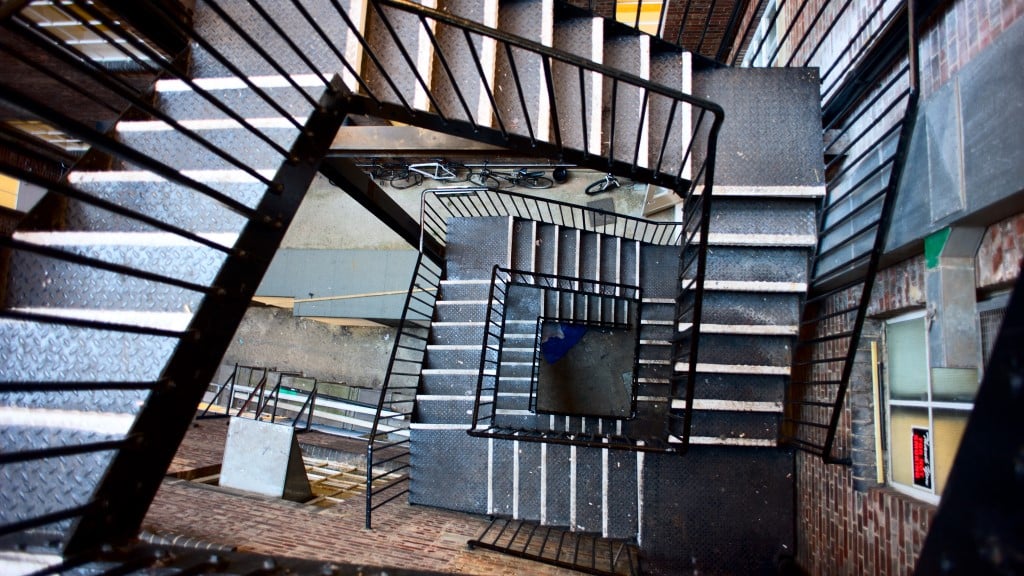Building Safety Act influences legal landscape for building services contractors says BESA
- January 25, 2024
- 11:14 am


Iain Hoey
Share this content
The Building Engineering Services Association (BESA) has highlighted the significant changes in legal liabilities for building services contractors due to the new powers introduced under the Building Safety Act.
This act is causing a major shift in the legal landscape for the industry.
Extended liability period and its implications
A notable change brought about by the Building Safety Act is the extension of the claims period for defects from six to 30 years.
This amendment, significantly altering the 1972 Defective Premises Act, has profound implications for the supply chain.
The 30-year limitation is applicable to projects completed before the Act’s enforcement in June 2022, while a 15-year limitation applies to projects completed thereafter.
Rachel Davidson, BESA’s Director of Specialist Knowledge, expressed her concerns: “In theory at least, companies could be asked for project records dating back three decades.
“Before the Act, documents would most likely have been retained for up to 12 years in line with industry legal best practice and then destroyed.”
Challenges in record-keeping and insurance
Davidson pointed out the challenges that firms might face in retrieving old records due to less advanced digital record-keeping in the past.
She also noted potential difficulties due to staff changes over the years.
Additionally, she mentioned concerns about some parties involved possibly no longer trading and others lacking adequate insurance cover.
Building Liability Order and product quality scrutiny
The Building Safety Act introduces the Building Liability Order (BLO), enabling the prosecution of ‘associate’ companies alongside the main defendant in construction disputes.
This measure targets large firms and Tier One contractors who may have used special purpose vehicles for projects.
It aims to establish clear responsibility for failed projects and ensure accountability for any liabilities.
The Act also brings a heightened focus on product quality, particularly targeting manufacturers for unsubstantiated claims about their equipment.
This enables clients and developers to launch direct claims against product suppliers and offers contractors a means to seek redress or deflect blame as part of their defence.
Debbie Petford, BESA’s Director of Legal and Commercial Affairs, remarked: “Contractors will have to get used to facing more forensic legal scrutiny, particularly in terms of long-term liabilities.”
Petford also mentioned that BESA members have access to an expert legal team tracking the implications of the Act and can offer advice on preparation, protection, and handling claims.
Increased legal scrutiny for contractors
This development in the Building Safety Act signifies an era of increased legal scrutiny for building services contractors.
With extended liability periods and the introduction of new legal instruments like the BLO, the industry faces a landscape of heightened accountability and complexity.
The impact of digital record keeping
The shift in the legal landscape has also shed light on the importance of robust digital record-keeping practices in the building services sector.
As companies may now need to retain records for up to 30 years, the role of digital technologies in ensuring compliance and readiness for potential legal challenges becomes increasingly vital.
Changing responsibilities for product quality
The Building Safety Act’s focus on product quality and the liabilities of manufacturers represent a significant change in the industry’s approach to product claims and accountability.
This shift could lead to more stringent quality controls and greater transparency in the manufacturing and supply chain processes.
IFSJ Comment
The recent changes introduced by the Building Safety Act are reshaping the legal responsibilities and practices within the building services sector.
The extension of the defect claims period, the introduction of the Building Liability Order, and the increased focus on product quality are indicative of a legal environment that demands greater accountability and diligence from all parties involved in building services.
These changes underscore the importance of robust record-keeping, particularly in the digital realm, as firms may now be required to produce project records dating back decades.
This development also highlights the need for companies to reassess their insurance coverage and legal strategies to navigate this new landscape.
Furthermore, the heightened scrutiny on product quality underscores the responsibility of manufacturers and suppliers in ensuring the integrity and reliability of their products.
This shift is likely to lead to more rigorous quality assurance processes and could impact the way products are marketed and claims are substantiated.
Overall, the Building Safety Act represents a significant shift in the legal framework governing building services.
Companies in this sector must adapt to these changes, ensuring compliance and preparedness for the challenges that lie ahead.



